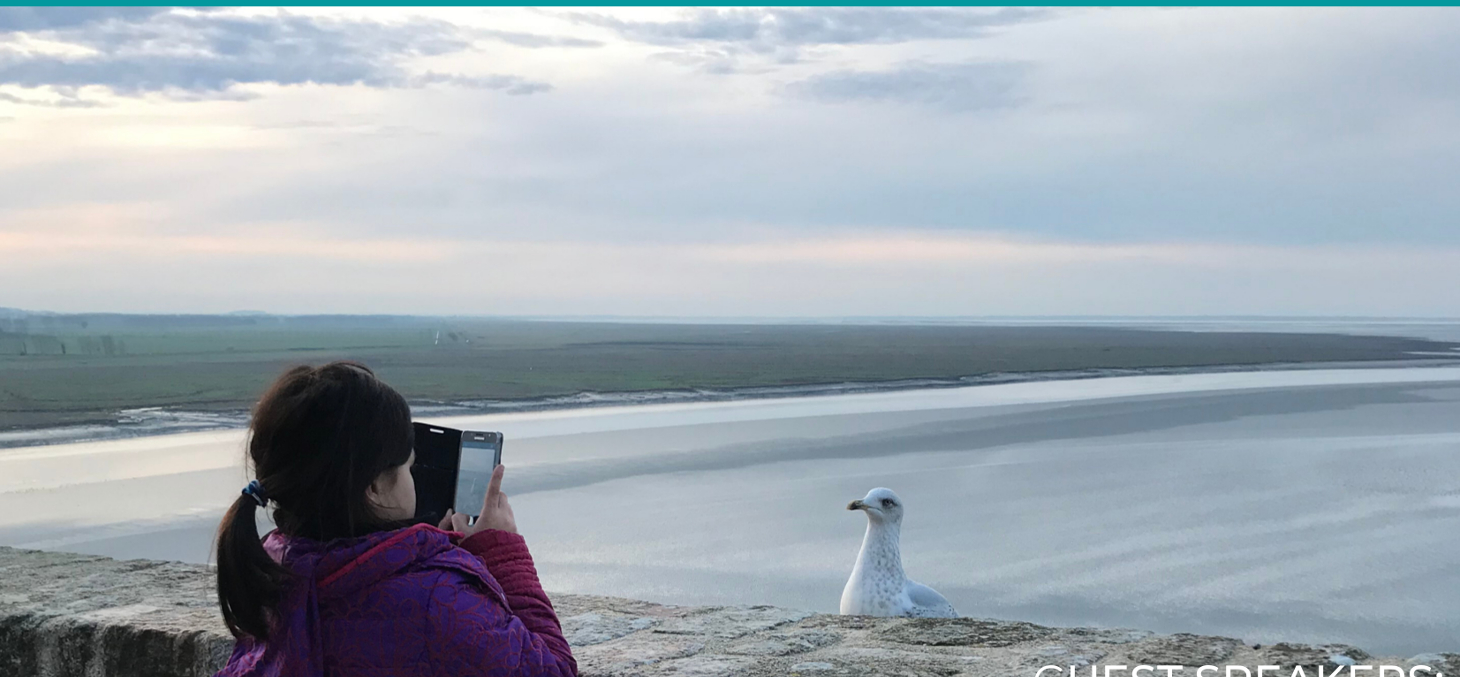- Imprimer
- Partager
- Partager sur Facebook
- Partager sur X
- Partager sur LinkedIn
Journée d'étude / Recherche
Du 15 octobre 2021 au 29 octobre 2021
Saint-Martin-d'Hères - Domaine universitaire

Ces deux journées d'étude, organisées par l'ILCEA4 / LISCA, viennent clore le projet IDEX HOMES débuté en 2019.
First, needless to say, neither migration nor hostipitality is restricted to human beings alone. Not only do non-human animals migrate, and are integral players, in any case, in inter-species hostility and hospitality, they also often become part of the migrant human cultural domain through their appropriation as totems and taboos, as religious icons, and through notions like metempsychosis and reincarnation. The resultant toleration, and even veneration, by humans of non-human animals through animism, as also their otherization through the foregrounding of the apparently unique human faculty of language, need to be rethought in this context, especially in the light of the ethical imperative of sustainable inter-species connections in an increasingly ecologically hostile world. These post-human and trans-human concerns also twin with our kinship with machines, in terms of human-machine connections and conflicts in an increasingly digitalized and technologized world.
Secondly, non-human animals and inanimate machines apart, the issue of human migration, cultural assimilation and hybridization, and the articulation of the same through narratives, indeed gathered greater momentum from the late medieval era, with the Crusades and the opening up of terrestrial trade routes on a larger scale than ever before. These were thoroughly crystallized during Early Modernity and the colonial era, with the discovery of maritime trade routes and the migration of Europeans to different parts of the world on a massive scale, and the resultant global exchange and diaspora of populations to and from diverse corners of the globe. And, one can notice a further accentuation of the same in today’s globalized and yet strife-torn ‘post-colonial’ world, where émigrés, refugees, and exiles, or those simply looking for a better life, seek hospitality from the developing countries in what purports to be the ‘developed’ world, to probably gain acceptance but probably also face hostility, and weave their own narratives out of these experiences.
Thirdly, what happens when tales of migration themselves migrate – across times, across cultures, across languages, across genres, across cultural universes – through translation, adaptation, bowdlerization, fan-fictional production, unauthorized plagiarism? How much is a text welcomed in an alien cultural universe, in another language, another medium, what kind of hostilities does it face in the host culture? Or conversely, how accepting is the originary established canon when a text of its strays and migrates elsewhere to have an afterlife of its own? Do all the members of a dispersed textual universe – say Robinsonades – ever succeed in making kin with each other?
These are the three issues that the conference wishes to raise over two staggered days, through three sessions, in the reverse order in which the issues were posed above, through presentations on the same by eminent scholars from various countries – France, Germany, Switzerland, India, UK, and the USA – as detailed in the programme that follows.
Nous aurons le plaisir d'accueillir le Professeur Saugata Bhaduri, spécialiste de théorie littéraire, littérature anglophone et polycolonialité. Il est l'invité de l'ILCEA4 jusqu'au 23 décembre.
Le professeur Saugata Bhaduri est enseignant chercheur à l'Université Jawaharlal Nehru à New Delhi en Inde. Plus précisément ses domaines de spécialité concernent :
- la littérature et l'histoire culturelle du Bengal à l'époque coloniale
- la littérature contemporaine et les théories culturelles, en particulier la post-théorie
- la culture populaire contemporaine (la technologie des media de masse et les formes traditionnelles de culture populaire)
- la philosophie occidentale, du Moyen-Âge au XIXe siècle et ses conséquences idéologiques et culturelles
- la philosophie indienne classique et les théories litéraires et esthétiques qui s'y rapportent
- la théorie et la pratique de la traduction ainsi que la littérature comparée
Pour plus d'informations: https://www.jnu.ac.in/content/bhaduris
Les deux journées d'étude se tiendront en présentiel à l'Université Grenoble Alpes, mais il sera également possible d'y assister à distance :
vendredi 15 octobre 2021 : Journée d'étude 1/2 ‘MAKING KIN’: Hos(ti)pitalities and (Trans)Migrations across Species, Technologies, Cultures, Genres
Session 1 : Textures of Migration: The Curious Case of Robinson Crusoe
This two-day event is the third and final part of an IDEX-funded project entitled HOMES: HOsts Migrations Exchanging Stories, under the auspices of the French National Research Agency in the framework of the “Investissements d’avenir” program (ANR-15-IDEX-02).
Date
Localisation
Saint-Martin-d'Hères - Domaine universitaire
Grande salle des colloques, bâtiment Stendhal (15/10)
Salle Jacques Cartier, maison des langues et des cultures (29/10)
Contacts
à télécharger
- Imprimer
- Partager
- Partager sur Facebook
- Partager sur X
- Partager sur LinkedIn